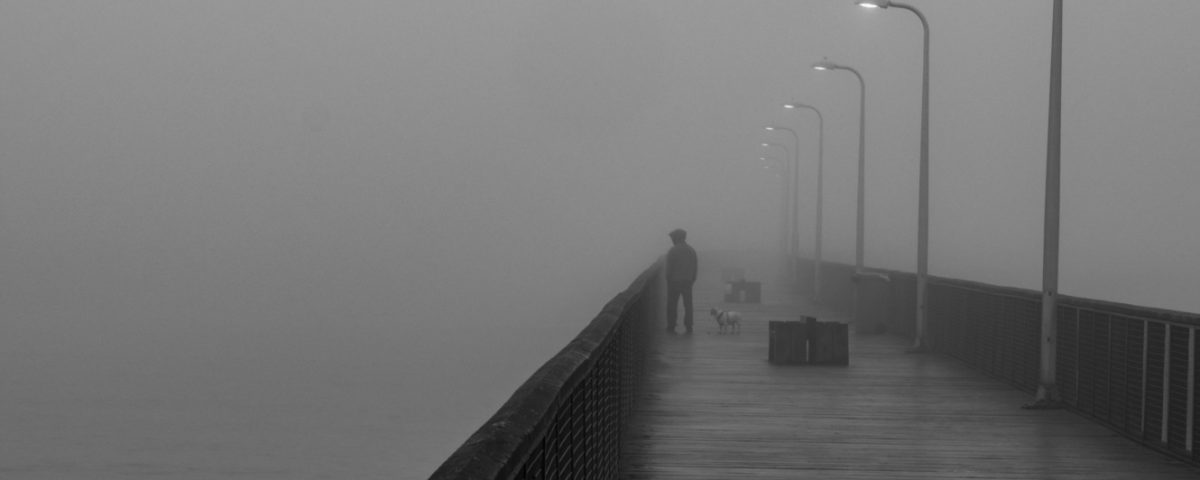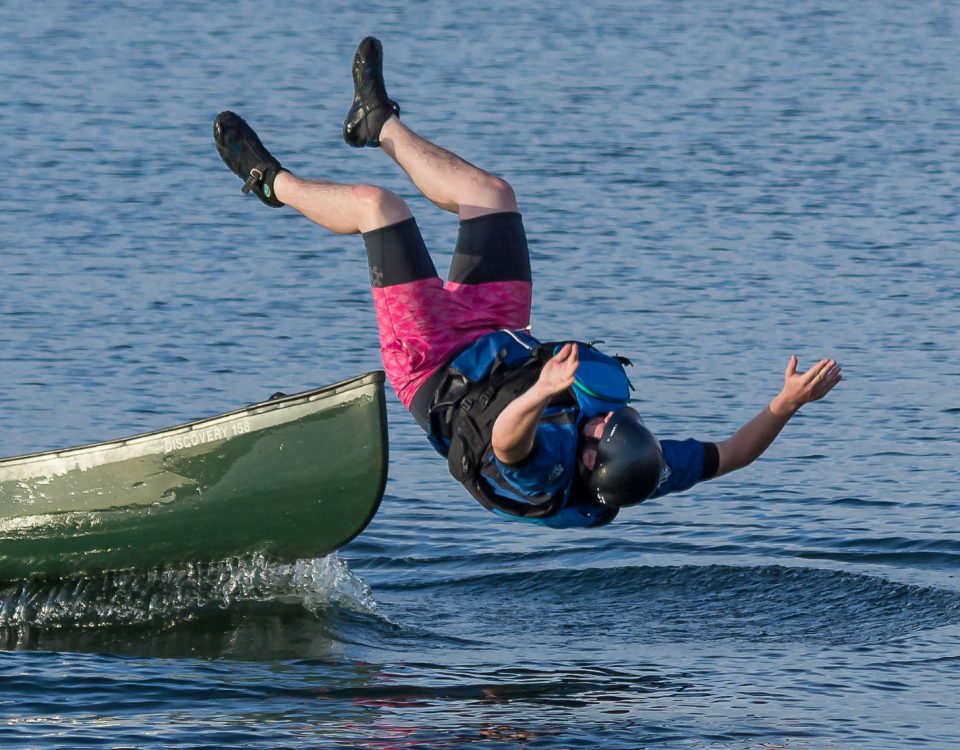
Is your camera strap properly secured?
16th March 2018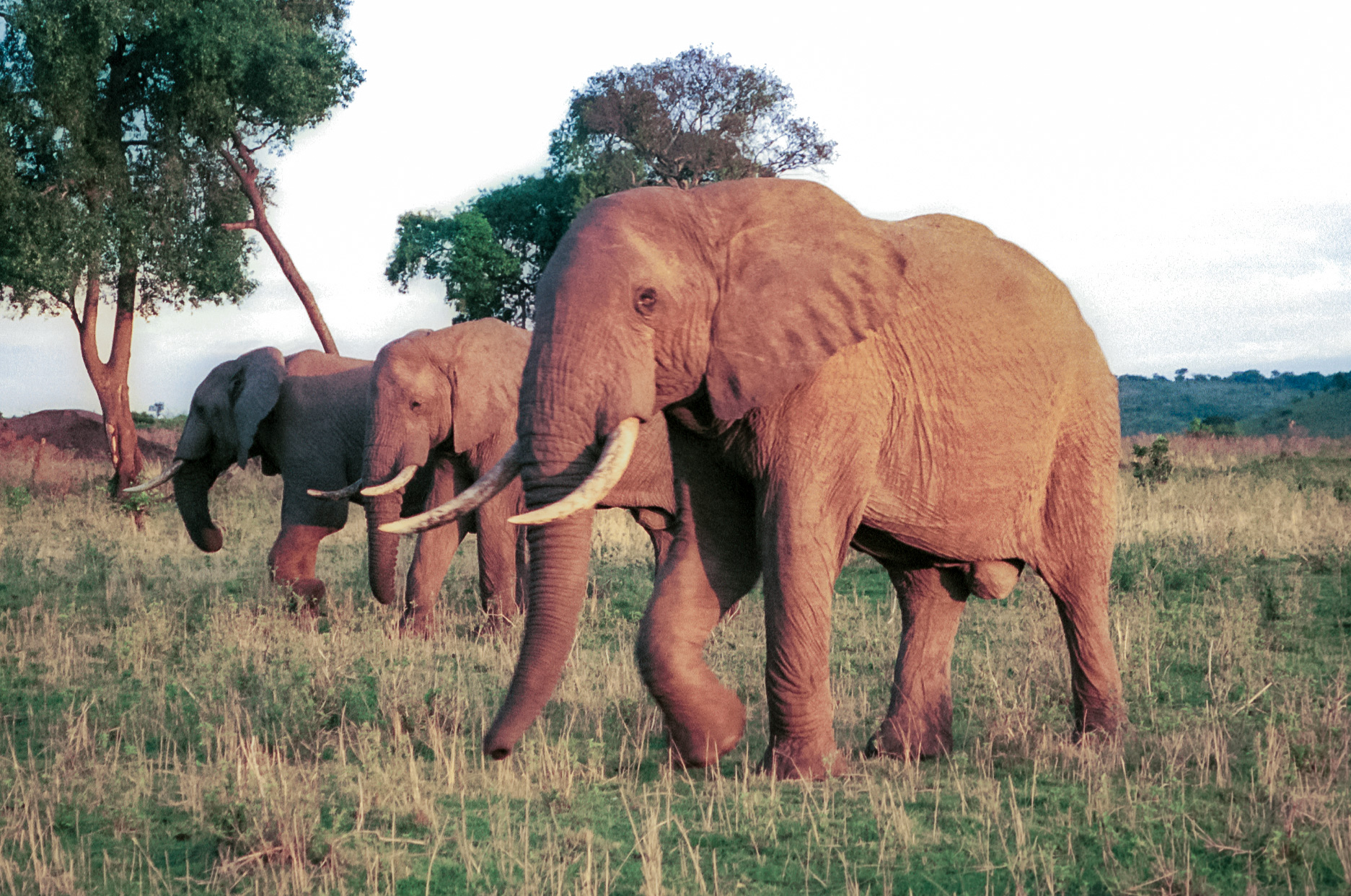
Zen and the Art of Wildlife Photography
22nd April 2018Thinking about becoming a professional photographer? Some tips for you.
A few weeks ago I posted an article about engaging a professional photographer. Aimed at members of the public, I didn’t anticipate the emails and private messages on Facebook from amateurs who wanted to earn money from their images.
This post isn’t here to put you off becoming a professional photographer. Working as a professional photographer is rewarding and fun. You get to meet lots of great people in happy situations who really appreciate the work you do. Furthermore, professional photographers are important (the reason why will be another article). I have written this to help you think about some on the hurdles to leap and make you question whether you are truly ready. Turning professional is something you need to be realistic about, or your business will fail.
This is not a step-by-step guide of how to set up a business. It is advice to help you through the fog of planning to set up a photography business and to help you think whether you have the resources to do that.
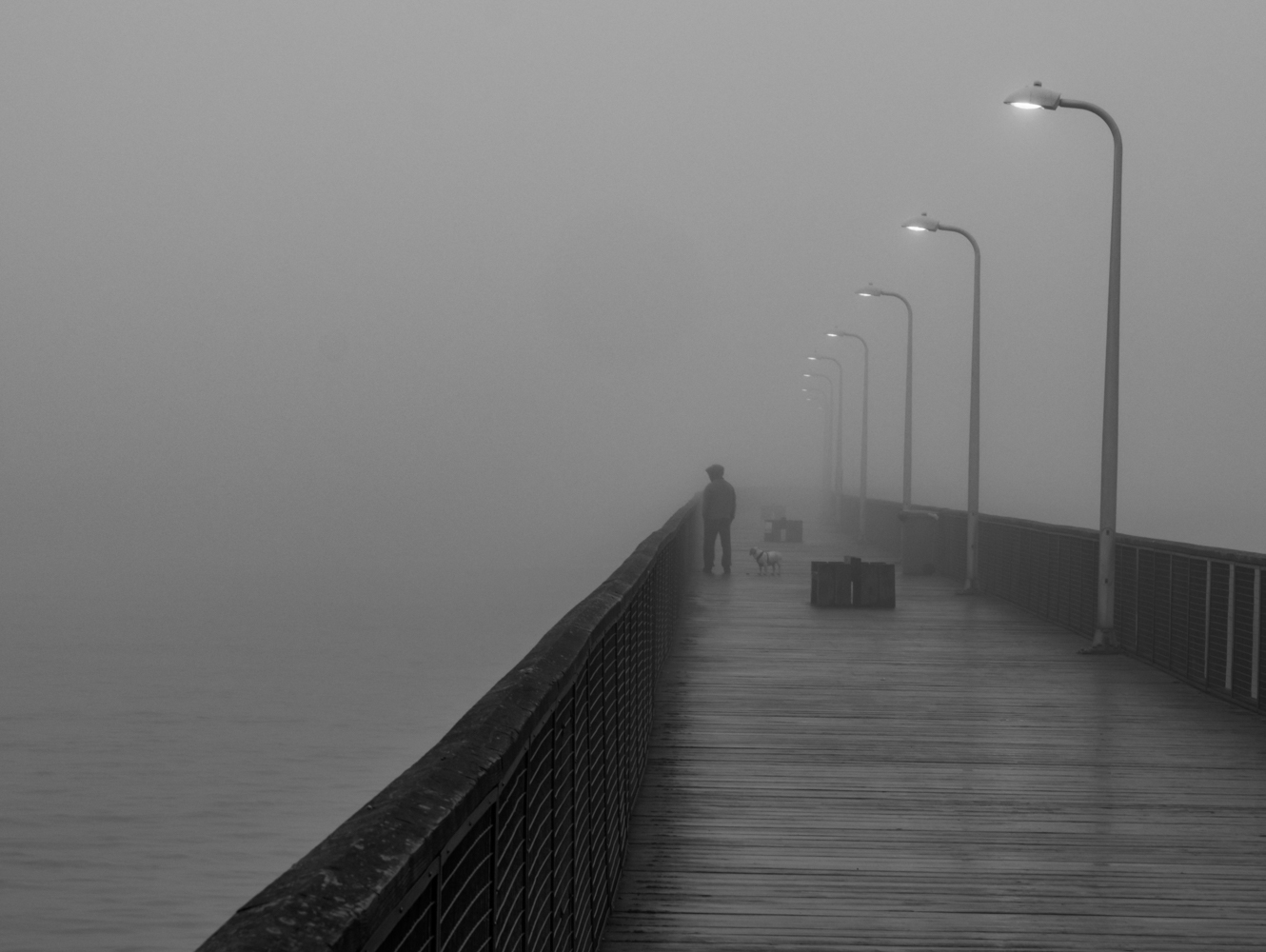
Business Acumen
Before you even consider whether your photography is good enough to sell, you need to know whether you can run a business – not everybody can. Do you have the drive and determination to keep on task. Will you be able to put in twice or three times as many hours than would be legal as an employee. It’s not unusual for me to start work at six in the morning and finish at nine at night, work at weekends and on bank holidays.
Have you got the finances behind you to build your business? Most businesses don’t make a profit in their first year or two. Many professionals hold down another job to pay the bills, although not all employment contracts will permit you having a second job.
Don’t expect to get rich quick
Eddie Cantor (a popular American comic actor from the 1920s) said, “It takes twenty years to make an overnight success.” In photography it takes years of hard work, years of learning and years of investment in quality equipment to become a successful professional.
Professional photography isn’t as lucrative a business as many imagine it to be. It is appealing earning money at what you love doing, but not everyone wants to employ a photographer, and there are already a lot of people fighting over a limited market. Is there room for you? Can you offer something above and beyond your competitors and make a living out of it?
Remember that income doesn’t equal profits. Lots of people say to me that wedding photography seems a way to earn lots of money in a short time, but a whole day’s photography will take at least a week to develop properly. Then there’s the cost of the equipment, insurances, album, prints, travel and all the incidental costs to be deducted from the nett income.
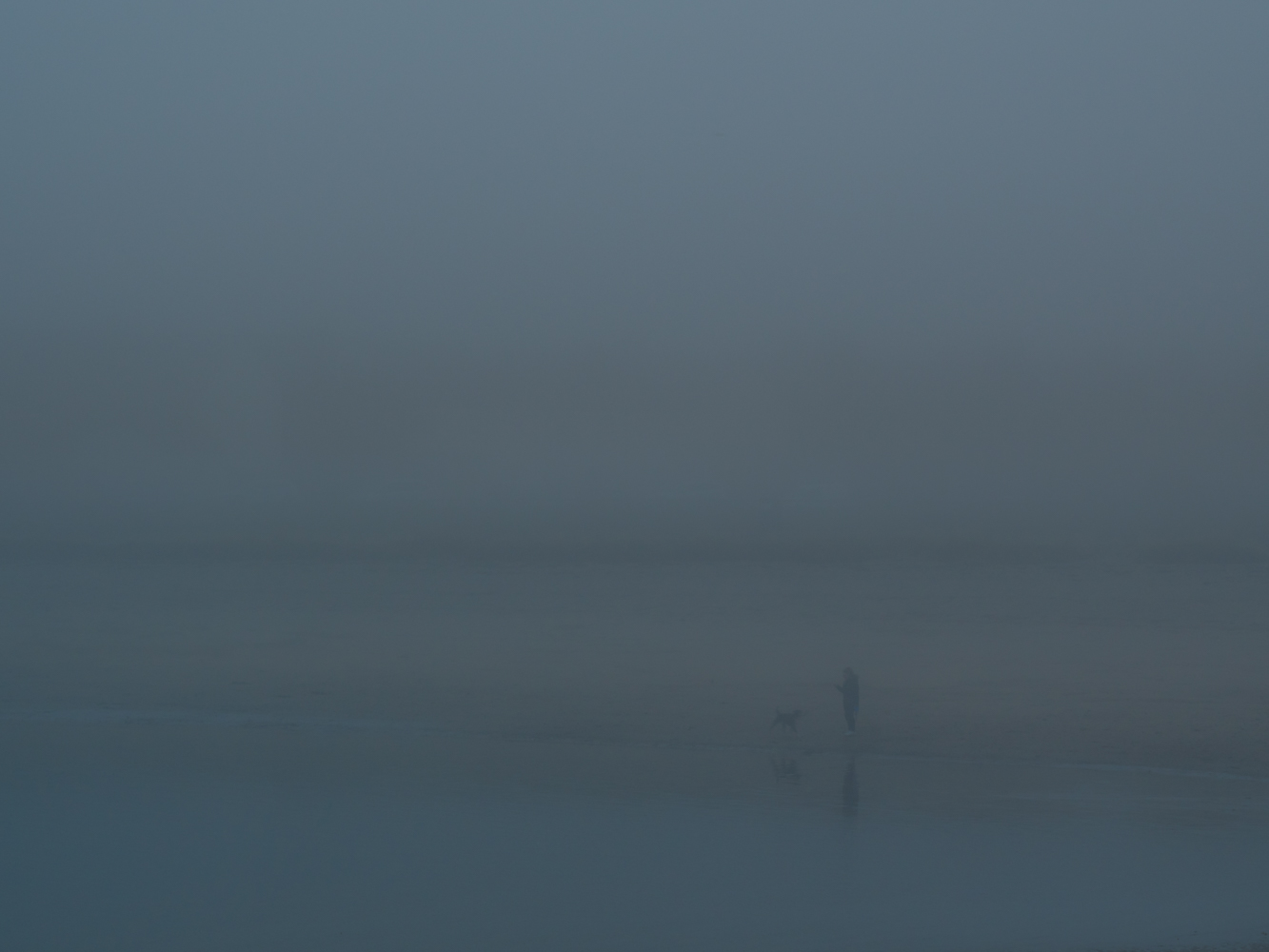
Business skills and resources
Besides being able to hand a camera well, you’ll need non-photographic skills and resources too. You’ll also need to meet many statutory and desirable requirements when going into business. You may need to be able to:
- keep accurate accounts
- write a business plan
- budget
- work out pricing
- write effective advertisements
- build and promote websites
- form business networks
- manage social media presence
- risk assess your activities
- keep personal data secure
- acquire business insurances you must have and those that are highly advisable
- carry critical illness insurance in case you cannot work
- find out the level of insurance venues often insist on
- statutory registrations (e.g. HMRC, ICO etc.)
- know whether your mortgage lender will renew your mortgage if you become self-employed…
That list is not exhaustive. Some of those things may be beyond you and you may have to contract them out. I build websites, but that’s not a skill everyone has.
Most of all, do you have a product that people want to buy? Do your market research before setting up. It’s no use crossing the bridge from amateur to professional if it is empty of customers on the other side.
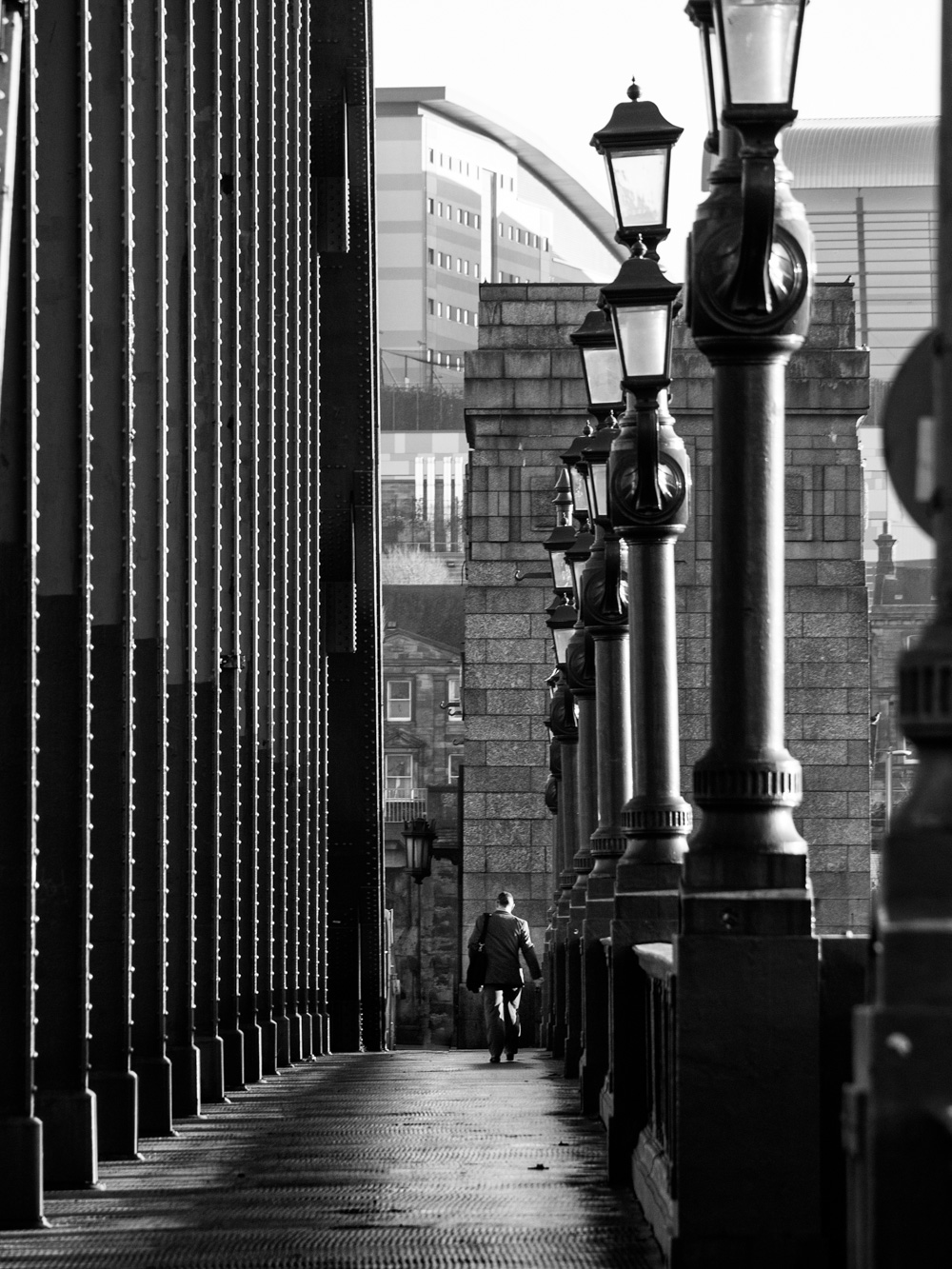
Are you good enough?
Just as they would write a Shakespeare play if given sufficient typewriters, an infinite number of monkeys with cameras would produce images worthy of Eve Arnold or Ansel Adams. The 1.2 trillion images taken last year resulted in many great photographs taken by chance. How much luck goes into creating your photos?
Before turning pro, do seek the honest opinion of your work from someone already doing it. Your friends may tell you how great your photos are, but do they have the knowledge to critique your images properly? They are nice people and won’t want to hurt your feelings even if an image is below par; they’ll say your pictures are great no matter what. An unsatisfied customer will not be so polite.
A judge at your local camera club isn’t the best person to ask either. Matching the likes and dislikes of a skilled photo-enthusiast isn’t necessarily the same as asking customers, or someone who knows the market. Show your photos to a professional and ask their opinion; you may have to buy that service. Don’t just share your best images with them, let them see an entire photoshoot that they set for you. Share with them the images that went well along with those that failed. Can you explain why they failed? Are most of the shots good enough to sell?
Have you got the knowledge?
It takes a lot of knowledge to be able to use a camera well. The many years spent progressively learning both technical and artistic skills is why so many love the art.
Do you know your photographic speciality? You may be a fantastic landscape photographer, but not so great at portraits. Do you need training in a particular field where there is a market?

Just as a brick layer might not be a joiner, being highly skilled in one field does not equate to having the skills in all areas of photography
A photography test
Here’s a little test for you that should let you know whether you have the level of knowledge that would be expected of a professional photographer.
Imagine a bright sunny day at the beach. Your subject is a woman, with dark brown skin, wearing a white dress, standing in front of the sunlit sea. How would you expose that picture?
ISO 200, 1/500 second at f/5.6. If the light did not change, what shutter value value would you have at f/16 and ISO 400?
What is the complementary colour of orange?
A child is running obliquely past a waterfall and towards you. You want to stop the movement of a child running, keep her in focus and show the movement of the water in the fountain behind. What technique and shutter value would you use?
What is the slowest shutter value at which you can hand-hold your longest lens?
At what aperture do your lenses give the sharpest resolution?
How much can you crop your photos and be able to produce a top quality A3 print?
A flash with a guide number of 52 at full power, how far away would the subject be at f/4?
Take five photographs that demonstrate the golden section in their composition.
What is the primary adjustment in your raw development programme to affect mid-tone contrast?
What is the hyperfocal distance of your prime portrait lens at f/11?
Did you get 10 out of 10 without having to think too hard or Google the answers? Even if you looked up the answers, would you be able to answer another ten different questions without difficulty? That’s the degree of knowledge and skill I would recommend you should have before embarking on a career in photography. You should be able to spot that girl running by the waterfall, set the exposure then quickly and accurately focus and know you have the shot.
Is your equipment good enough?
An entry level camera with standard quality lenses are great for day-to-day shooting. But, to capture low light images, or be able to focus fast enough to capture action, or have your images published in some magazines you do need professional-quality gear. You also need two sets. If one fails, you have back-up. Imagine being commissioned to photograph a party, the shutter or the lens aperture mechanism fails and you have no reserve. Not only is the customer really unhappy, but your reputation is ruined too.

You’ve got the skills, do you have the equipment? A slow lens might not give you the ablity to stop movement in low light.
Some examples I know where the professionals got it wrong
Julia sought the services of a baby photographer. She didn’t accept the prints and demanded her money back, because the quality was awful.
Steve commissioned a photographer to take images for his business website. He rejected all of them because of the colour cast and he didn’t pay. They looked wrong because photographer’s screen was not calibrated.
Jane wanted some photos of her dog. When she got the framed print she noticed the dog basket was covered in unsightly hair. Furthermore, the photographer hadn’t focussed on her pet’s eye.
The worst offenders seem to take up wedding photography. One I know of failed to get a photo of the bride’s mother. Another left stray hair running across the brides face in her main portrait and a road cone on its side in the background. A third shot at a public venue and someone photo-bombed most of them by deliberately walking into the background of all the shots.
During a chat with another reputable photographer a few weeks ago, they told me that they had been approached so many times to try to get corrected wedding photographs taken by poor quality photographers . It’s a familiar story; I’ve been asked to do the same. Photographing a once-in-a-lifetime event is a huge responsibility and getting it wrong can have massive repercussions for the photographer and the customer. I can end up in court. Could that happen to you?
Being an amateur photographer doesn’t usually risk ruining someone’s wedding, although a retired minister told me that inexperienced wedding photographers were a nightmare. Once, he was in the middle of a ceremony with the couple kneeling before him when a shadow fell across his shoulder. A family member who was asked to take the photos had climbed on the altar to get the shot!
Do I really want to become a professional?
There are amateur photographers good enough to become professional but don’t want to turn their hobby into work. Amateurs can shoot what and when they want. They can take dozens of frames to get one good shot. Professionals don’t have that luxury. You need to deliver sufficient photographs that you have been employed to shoot that are really good.
And finally…
I hope that does not put you off. Doing what you love for a living is fantastic and rewarding. There’s nothing better than having your customers phoning or writing to say thank-you and how pleased they are with the art you created.
It’s hard work, but it’s worth every penny you don’t earn!
Good luck.

